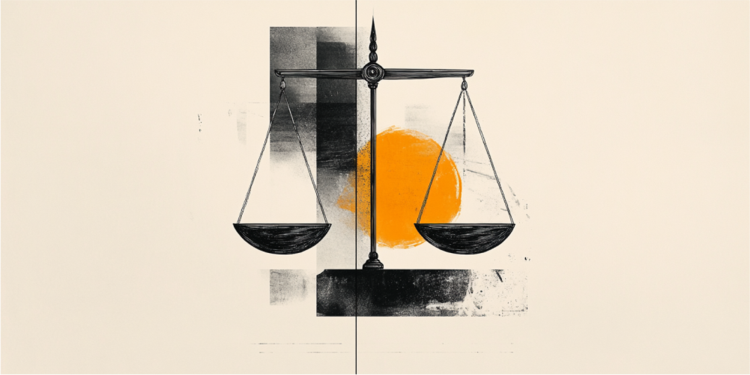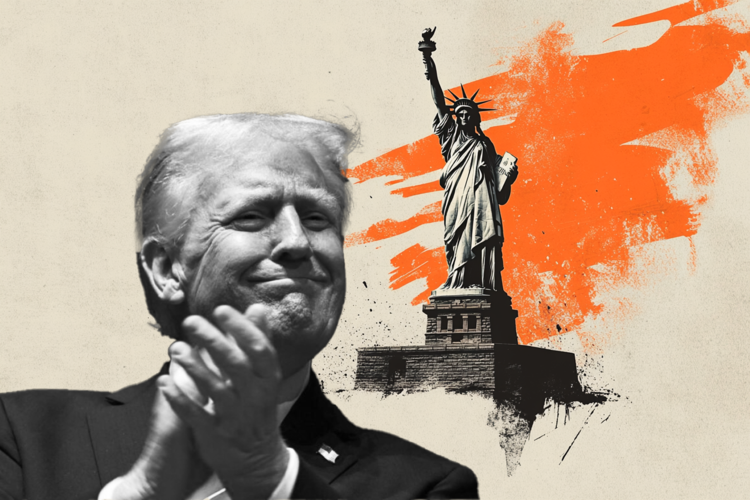During three days of ceremonies, rituals and much pomp, the UK will celebrate the coronation of Charles III. But the movement takes place under the shadow of the decolonization of the British Empire.
Charles was proclaimed king two days after the death of his mother, Queen Elizabeth II – which took place on September 8, 2022 – and the coronation that begins this Saturday reinforces his image as the new British monarch.
The ceremony will be seen around the world, and most likely with a lot of attention in the last corners of the weakened British Empire.
There are at least ten colonies that are still in the process of decolonization and 14 independent countries that are part of the Commonwealth, the Commonwealth of Nations that has King Charles III as its head of state.
“The Commonwealth contains countries that have had constitutional relationships with my family, some that continue to have them, and increasingly those that no longer have them,” Charles declared in Rwanda in June 2022.
In the process of decolonization
The UK currently maintains 14 Overseas Territories, twelve of which are registered as “Non-Self-Governing Territories” with the United Nations Special Committee on Decolonisation. That is, they are territories administered by foreign powers that must achieve self-government according to the wishes of their inhabitants.
Also known as the C-24, the committee was created by the UN General Assembly in 1961 to review the implementation of a mandate established by Resolution 1514, which considers colonialism contrary to the Charter of the United Nations.
When the UN was created in 1945, 750 million people lived in territories dependent on the colonial powers. At the time of the creation of the C-24 Committee, 72 “Non-Autonomous Territories” were identified that had not yet declared independence.
In the case of the British colonies, most of these territories achieved autonomy since the end of the Second World War, sometimes in the midst of violent processes, as in Kenya and Nigeria, and to a large extent also in India, throughout almost the entire period. century that preceded the non-violent resistance of Mahatma Gandhi.
Elizabeth II reigned during the independence of Hong Kong, Bahamas, Jamaica and Sudan, among other former colonies, during the rapid break-up of the British Empire. Shortly before her accession as queen, it had been the turn of India and Pakistan.
There are currently 17 “Non-Self-Governing Territories” in the world, according to the C-24 Committee, of which 10 are administered by the United Kingdom (the rest are under the control of the United States, France and New Zealand).
They are: Anguilla, Bermuda, British Virgin Islands, Cayman Islands, Falkland/Malvinas Islands, Montserrat, Saint Helena, Turks and Caicos Islands, in the Atlantic and Caribbean; Gibraltar, in Europe; and Pitcairn in the Pacific.
In these territories, which add up to around 14,000 square kilometers, around 272,000 people live. Bermuda and the Cayman Islands are the most populous territories, with 64,054 and 69,914 inhabitants respectively, while Pitcairn has only 46 inhabitants.
The cases of Gibraltar and Falkland/Malvinas represent very different situations from the others. In the case of Gibraltar and the Falklands (for the British), there is a dispute between the United Kingdom and Spain, in the first, and Argentina, in the second.
The United Kingdom has had sovereignty over Gibraltar since 1704, when it took over from Spain during the War of the Spanish Succession. The situation was recognized by Spain in treaties, but the Spanish government has proposed reunification with the territory since 1960.
The Malvinas/Falklands case is the most alarming on the list, given that the United Kingdom and Argentina fought a heavy war in 1982 (with 907 deaths between both sides) and relations between the two countries, which claim sovereignty over the archipelago , remain affected by the conflict to this day.
The two sides’ claim is based on contrasting historical arguments. The dispute has been going on at least since 1833, when the UK ousted the islands’ Argentine governor and took control using force.
Furthermore, the territory of the Falklands/Malvinas is the largest of those still administered by the UK and identified in the committee, at 12,173 square kilometres. Due to its position in the South Atlantic Ocean, fishing and potential oil resources, it is a strategic point.
Countries that still recognize Charles III as king
In addition to the “Non-Self-Governing Territories” still administered by the United Kingdom, there are still 14 independent countries linked to the British Crown by its colonial past, the so-called “Commonwealth Realms” or “Commonwealth kingdoms”.
They are: Antigua and Barbuda, Australia, Bahamas, Belize, Canada, Grenada, Solomon Islands, Jamaica, Papua New Guinea, New Zealand, Saint Kitts and Nevis, Saint Lucia, Saint Vincent and the Grenadines and Tuvalu.
Again, there are huge contrasts on the list between large countries like Australia and Canada, and small islands like Saint Kitts and Nevis and Saint Lucia, but all these nations have one thing in common: although independent, they recognize the British monarch, in this case Charles III, as head of state.
These former colonies can decide at any time whether to retain the constitutional system of the monarchy and the mostly ceremonial role of the monarch.
The archipelago of Antigua and Barbuda announced in 2022 that it would hold a referendum to decide whether to retain Charles III as head of state. Jamaica and Belize are considering the same position.
On the subject, Charles emphasized in June 2022, when he was still the crown prince, that “the constitutional agreement of each member [do Commonwealth]like a republic or monarchy, is purely a matter for each member country to decide”.
But we will have to wait for the development of his reign to know how these processes will advance.
Source: CNN Brasil
Bruce Belcher is a seasoned author with over 5 years of experience in world news. He writes for online news websites and provides in-depth analysis on the world stock market. Bruce is known for his insightful perspectives and commitment to keeping the public informed.






